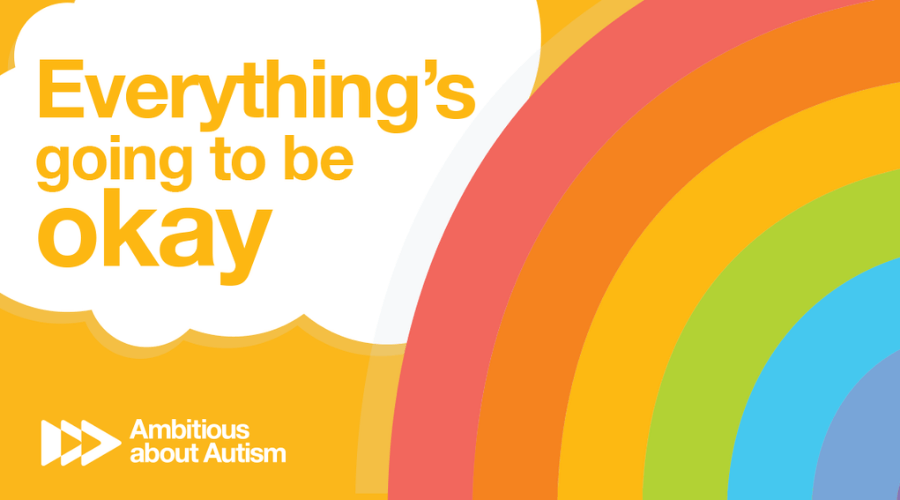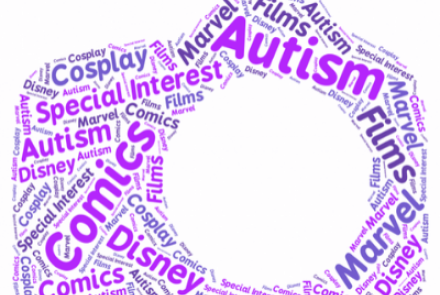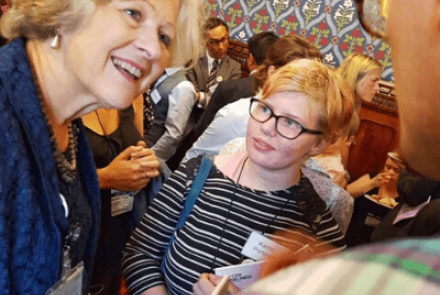The transition from CAMHS to AMHS as an autistic young person
Trigger warning: This blog post discusses eating disorders, self-harm, and suicide.
In my opinion, CAMHS was volatile. Overall, I felt that the support was inappropriate; for example, when assessed on suicidality I scored highly with a low quality of life, however, I was put on a waiting list for three months. When I reached the end of the waiting list I was already in hospital for an attempt on my life.
My background for CAMHS is that I was referred in 2017, received an assessment around four months later to receive four sessions. I felt that this would dig up too many worms without the time to deal with them so left it there. I was discharged and, in the meantime, things went downhill quickly, and I developed an eating disorder. I re-referred early in 2018, was assessed some months later to receive an emergency appointment. This was where I disclosed that I was suicidal.
Whilst on the waiting list for art therapy, I received crisis treatment, seeing the star team, and having a short admission for self-harm. The crisis care was great. They offered three nurse visits a week and medication. The consultant was insensitive and there were comments on my weight. This support was unfortunately too late. I was then admitted for six months to a psychiatric hospital aged 15.
I was discharged into the Sheffield Eating Disorder and Treatment Team (SEDATT) and then discharged again into regular CAHMS. I finally received proper treatment as I was diagnosed with OCD, anorexia and autism during my admission.
Transitioning from CAMHS to AMHS
On my final CAMHS session I was given a provisional/suggested diagnosis to inform AMHS. It took eight months for me to hear anything back. I went from fortnightly support to nothing. This was jarring, especially as I had built a relationship with my psychologist for over two years and it is hard for me to build relationships because of my autism.
My psychologist referred me for dialectical behaviour therapy (DBT) because of the suggestion of borderline personality disorder/ emotionally unstable personality disorder (BPD/EUPD). It took eight months for me to hear anything. The support is low. None of the support I get is from the NHS; it is all charity-based, the funding is that low.
I’ve just begun receiving support from Mind for three to six sessions with a mental health nurse. The nurse is brilliant but not able to be around much.
Useful links
- Read what Ieuan has to say about his mental health and autism
- Check out our resources on health and wellbeing
- Download our tips for autistic young people on managing anxiety
- Download our Know Your Normal toolkit, to help outline what your 'normal' is so others can support you when you are not feeling like yourself.
- In an emergency, always call 999.












